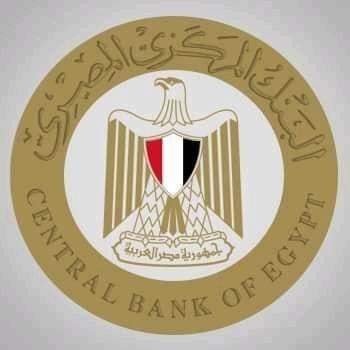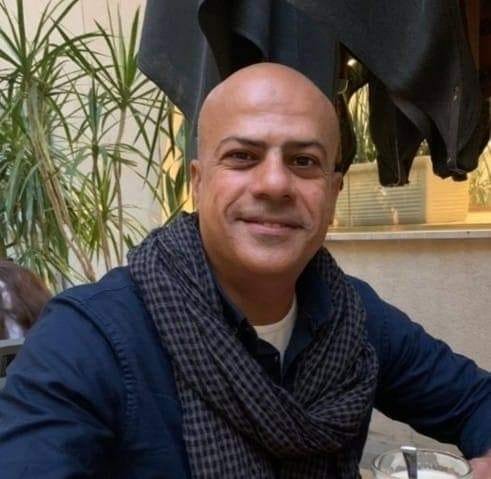“What is between us and the Qatari regime is martyrs’ blood.” With those words, Ahmed Moussa, the Egyptian broadcaster loyal to General Abdel Fattah al-Sisi’s regime, commented on the Gulf reconciliation agreement with Qatar signed in the Saudi city of Al-Ula, in which Egypt was represented by its Foreign Minister Sameh Shoukry. The most prominent media professionals loyal to the Egyptian regime did not welcome the news of a breakthrough in reconciliation between Qatar and the Arab Quartet, which includes Saudi Arabia, the UAE, Bahrain, and Egypt in the Saudi city of Al-Ula. Ahmed Moussa launched a severe attack on Doha, describing it as the “terrorist state of Qatar,” in a video clip published on Facebook.
The Egyptian regime accuses Qatar of sponsoring terrorism and financing the terrorist operations that took place in Sinai. On the other hand, Doha denies these accusations and says that the four countries that boycotted it sought to change its political system and interfere in internal issues. Moussa explained what happened from his point of view, saying: “The United States and Kuwait announced several mediations, and Saudi Arabia took over the matter on behalf of the four countries, and Egypt received an official invitation to participate in the Gulf summit.” He added, “Al-Sisi did not participate, nor did Sheikh Mohammed bin Zayed and the King of Bahrain, and Egypt did not accept reconciliation because Egypt has specific and clear conditions.”
The absence of al-Sisi and the establishment of Egyptian Foreign Minister Sameh Shoukry on his behalf at the summit gave an indication that Egypt is hesitant about Gulf reconciliation. These doubts were supported by Ahmed Moussa’s statements, who posted on his Facebook account hours before the summit that: “Egypt will not reconcile with the Qatari regime …” Moussa denied what was reported about Egypt opening its airspace to Qatari airspace, explaining that the skies were still closed until 3pm.
Later, Qatari Finance Minister Ali al-Emadi arrived in Cairo to participate in the opening of a hotel in Cairo, in the first visit of a Qatari official to Egypt, following the announcement of the lifting of the siege on Doha and the conclusion of reconciliation. Moussa continued, “We all have confidence in the political leadership … what is between us and the Qatari terrorist regime is blood … the blood of martyrs … Qatar has carried out all these (terrorist) actions over the past years.” Moussa presented previous statements by al-Sisi, in which he asserted that Egypt would not reconcile with “those who want to face my country and harm my people and my children,” and commented on them, saying, “I heard? I liked to hear the words from al-Sisi, and not anyone else.”
Officially, The Egyptian Ministry of Foreign Affairs announced that Egypt had signed the Al-Ula statement, which aims to strengthen the unity of newspapers and cohesion between Gulf Cooperation Council countries and the return of joint Gulf action to its normal course and to maintain security and stability in the region.
Pessimistic speech
Coinciding with Moussa’s sharp attack on Qatar, the Egyptian anchor used Amr Adib’s pessimistic speech about the reconciliation agreement. Adib said that he noticed that the “hostile rhetoric” in the Qatari media against Saudi Arabia had eased, while this did not happen with Egypt. He added, “Anyone who follows Al Jazeera will notice that it has ceased its hand from the Kingdom of Saudi Arabia, but it has not stopped its hand from Egypt.”
He asked, “There is a question: Will the things that led to the severing of relations in 2017 end?” He answered, “Nobody knows … the same problems that existed in 2017 are now present, will they be solved? No one knows. Will Qatar be committed in the coming months and days with good intentions and good neighbourliness? Nobody knows.” He also pointed to the acceleration of the reconciliation and the lack of information: “The concept through foreign agencies is that the planes will be able to move in Saudi airspace, and so far it is not a major agreement or a comprehensive agreement, but it is a first step in the direction of a Gulf-Egyptian reconciliation.”
Calm down, not reconcile
In the same context, the Egyptian broadcaster Amr Abdel-Majid, presenter of Public Opinion, hosted the editor-in-chief of al-Shorouk newspaper and a member of the Senate, Imad el-Din Hussein, to ask him whether “a miracle happened.” The guest answered, “All indications and readings say that they will not and did not happen.”
Hussein justified his opinion by saying: “The relationship between Qatar and the Brotherhood is a complete organic relationship, and what happened now was closer to envisioning opening the Saudi borders specifically, which is what Qatar needs because of aviation and commodities, and it incurs heavy losses that go as gains for Iran.” He pointed out that Egypt, the UAE and Bahrain’s demands from Qatar have not been met so far, as the Qatari media is launching a continuous attack.
Hussein said in his intervention that he asked more than one official source about the matter, and the responses were that nothing new would happen. He believes that what happened can be called a truce and not reconciliation. There is a difference between the two terms, wishing “Qatar returns to goodness and justice so that it will be a true reconciliation.”
Observers and politicians consider that the Egyptian media speaks for the Egyptian regime and says what Egyptian officials cannot explicitly say, excluding that these media professionals freely express their private opinions, stressing that there is no independent media in the country.





Recent Comments